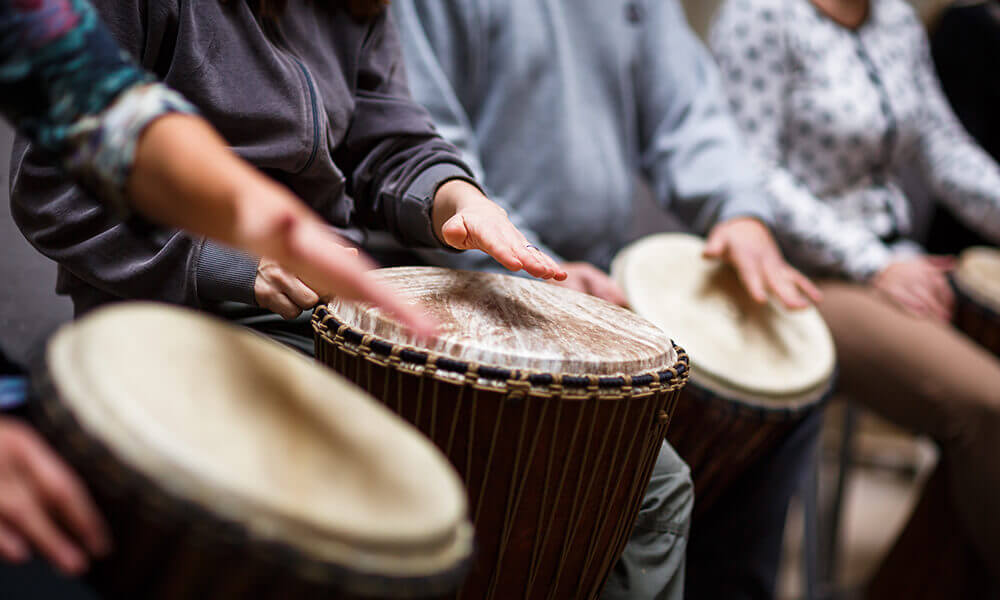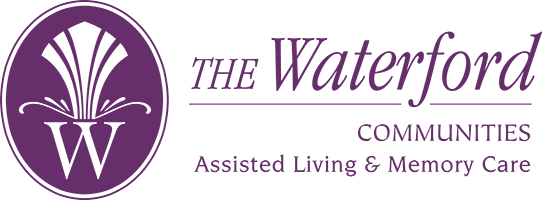Music Therapy for the Elderly
Over the years, scientists have studied the process of aging and ways to combat the challenges that come with it. In these modern times, we have speech therapy, occupational therapy, physical therapy, specialized in home care, professional assisted living centers, and many other forms of aiding seniors to help them achieve a level of independence and maintain high quality daily lives. An unspoken hero in the elderly community is the practice of music therapy. Music therapy can help seniors with many different cognitive, physical, and speech skills, along with other having other benefits on their daily lives. This week we’re walking you through the basics of music therapy, and why you should consider adding some music to both your own or your loved one’s lives.

Cognitive Skills
There are plenty of examples of music therapy helping seniors with dementia and Alzheimer’s find peace and briefly remember memories they might not have been able to without the therapy. Hearing or performing a song can help evoke a memory even after many years. In a Stanford University study, researchers found that rhythmic music stimulates certain parts of the brain that increase blood flow and improve seniors’ performances on cognitive tests. For dementia patients, music from their childhood is effective in obtaining positive response and involvement, even when the patient can no longer communicate.
Speech Skills
After time, music therapy can help adults answer questions, make decisions and speak clearer. It can help slow the deterioration of speech and language skills in dementia patients, and in Alzheimer’s patients a simple tune can help them and start humming along. By encouraging patients to sing along to their favorite songs, their speech skills can see a drastic improvement over time.
Stress Reduction
Music has a positive impact on all listeners, but can have an even more stress-reducing quality for those undergoing music therapy. When caregivers are unable to soothe or calm their patient, playing music can better release their stress. Listening to music has been proven to reduce stress and anxiety by slowing high heart rates and reducing levels of cortisol. Therapists are able to target music with specific rhythms, themes, or lyrics to help their patients find peace and relaxation.

Physical Skills
By encouraging seniors to dance and practice coordination, they can better improve their physical skills with music therapy. Many therapists inspire movement by using music which can increase other physical functions such as hand eye coordination and blood circulation. By encouraging a little extra movement a few times a day with music, physical benefits, or at least a slowing in physical deterioration, is possible.
Social Skills
Many music therapists enjoy encouraging social interactions during sessions, such as through group listening experiences or dance lessons. By enjoying music with other people, seniors can improve their social skills and nurture friendships that they may not have been able to enjoy prior to their sessions.
Call the Waterford today to chat about all of your care options and decide what’s best for the loved one in your life.


